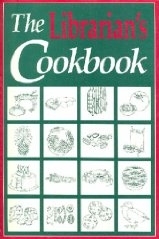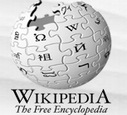
The first recorded Librarian was Zenodotus (Ζηνόδοτος) of Ephesus, holding that post from the
end of Ptolemy I's reign. He was a Greek grammarian, literary critic, and Homeric scholar. A native of
Ephesus and a pupil of Philitas of Cos, he was the first
librarian of the Library of Alexandria. He lived
during the reigns of the first two Ptolemies.
Demetrius of Phalerum put together the central collection for the Library of Alexandria while he
was in Greece. He might be considered the originator of the library idea, although this honour should also
belong to the first and second kings of the Ptolemaic period.
The Library of Alexandria was founded at a unique place and time which allowed its scholars to
draw on the deductive techniques of Aristotle and Greek thought, in order to apply these methods to the
knowledge of Greece, Egypt, Macedonia, Babylonia, and beyond. The location of Alexandria as a centre of
trade, and in particular as the major exporter of writing material, offered vast opportunities for the
amassing of information from different cultures and schools of thought.
Ptolemy the first, Soter, ordered the establishment and organization of the library at his expense, while Ptolemy
the Second, Philadelphus, completed his work. The foundation of the library was the joint achievement of all three;
Soter, Philadelphus, and Demetrius. The first librarian was probably Zenodotus of Ephesus. The first people who
served at the Library of Alexandria were Demetrius of Phalerum (c. 284 BC) and Zenodotus of Ephesus (284-260
BC).

The Origins of Bibliography
Zenodotus successor, Callimachus of Cyrene, was perhaps Alexandria's most famous librarian,
creating for the first time a subject catalogue in 120,000 scrolls of the library's holdings, called the
Pinakes or Tables. All knowledge was divided into eight major subject categories: Oratory, History, Laws,
Philosophy, Medicine, Lyric Poetry, Tragedy, and Miscellany. The Pinakes was a massive undertaking, described
as having been made up of one hundred and twenty scrolls and the extant fragments show that citations give
something of each author's life, his works, and the number of lines in each work. Even at that, it was by no
means comprehensive, but it was the first sort of grand index to knowledge ever and a precursor to all
subsequent catalogues of books.
What Is In A Name?
In the past, the profession librarian (a title in its Latin root, librarius – related to books) was identified with the learned keeper of a collection of books. The profession itself is changing in this era of technology.
The changing nature of the librarians’ duties and tools is causing it to be an issue in our
profession as libraries and their users have entered the electronic age and information transfer is a
prerequisite to knowledge transfer, providing direct access to a variety of services, therefore new skills
are required for the library staff.
The expression "information society" implies that every sector of society depends on information. Particularly, the
development of the information industry, which has come about thanks to the economic, political and social
requirements of users, has revolutionized information following the establishment of the internet.
Situated in the centre of the information flow, modern librarians must develop a wide range of
activities to keep the users informed. In fact, if the library represents the place in which the "media" are
collected and sorted, the librarian represents the "information broker" and thus the "intelligent
communication switch" between users and providers of information.
As mentioned, the librarian profession is changing under the impact of technological progress and librarians are
handling electronic documents, i.e. documents used through the mediation of technology and existing as electronic
data only, thus responding promptly to user requests. It should be noted that it’s a myth that one can get everything on the Internet. This expression ‘Google it’ is not
valid. Librarians are a valuable source in verifying that the information is accurate, reliable, valid, and
has proper authority. Now with our tasks often involving technology, we are again casting around for a
new name, reflecting this change. The nature of his profession continues to be "in the
making".
|
Today we have many different titles/job titles for the librarian
profession:
|
|
|
|
Acquisitions Assistant
|
Manager, Corporate Information Center
|
|
Acquisitions Librarian
|
Manager, Knowledge Center
|
|
Associate Dean
|
Manager, Library & Intranet Development
|
|
Collections Manager
|
Manager, Library Services
|
|
Corporate Librarian
|
Manager, Research
|
|
Corporate Researcher
|
Manager, Technical Information
|
|
Data Bank Coordinator
|
News Researcher
|
|
Director of Information Resources
|
Media Specialist
|
|
Documentalist
|
Principal Researcher
|
|
Head of Reference
|
Professor
|
|
Information Brokers
|
Public Services Coordinator
|
|
Information Center Specialist
|
Public Services Librarian
|
|
Information Resource Manager
|
Reference Assistant
|
|
Information Services Manager
|
Research Specialist
|
|
Information Specialist
|
Resource Center Manager
|
|
Knowledge Management Administrator
|
Science Reference Coordinator
|
|
Legal Information Specialist
|
Senior Library Assistant
|
|
Legal Researcher
|
Senior Library Specialist
|
|
Library Administrator
|
Serials Specialist
|
|
Library Director or Manager
|
Subject Librarian
|
|
Library Media Teacher
|
Systems Librarian
|
|
Library Specialist
|
Technical Librarian
|
|
Library Technician
|
Technical Resource Analyst
|
|
Manager, Competitive Knowledge
|
Web Librarian
|

Royal Library
of Alexandria is Founded Circa 300 BCE
The library of Alexandria is a legend. Not a myth, but a legend.
Library of Alexandria, famous ancient library, considered to have the
greatest collection of books in the ancient world. Founded by Ptolemy I Soter, king of Egypt, in the city of
Alexandria, it was expanded by his son Ptolemy II Philadelphus early in the 3rd century BC. At its peak it
may have preserved 400,000 to 700,000 papyrus scrolls—the largest collection of recorded information in the
ancient world.
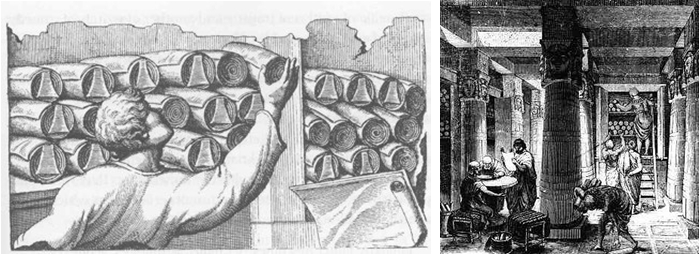
According to legend, the library at Alexandria was burned at least three times.
Though it is known that portions of the Alexandrian Library survived for several centuries, perhaps
for as long as 500 or 600 years, or even longer, the various accounts of the library's eventual destruction
are contradictory. The four possible scenarios for its destruction:
1. A fire in The Alexandrian War, in 48 BC. Civil war between Julius Caesar and the followers of Pompey the Great.
2. The attack of Roman emperor Lucius Domitius Aurelian, in the Third century AD;
3. The Roman emperor Theodosius I in 391 AD;
4. The Muslims under the caliph Umar I in 642 AD or thereafter.
The Bibliotheca Alexandrina today
The Ancient Library of Alexandria was born in the year 295 BC and in the fourth century AD the library undergoes destruction (fires)
to disappear completely. In 1995, the Bibliotheca “reborn” in some way from its ashes. It is officially in
2002 that the Bibliotheca Alexandrina was inaugurated and opened to the public.
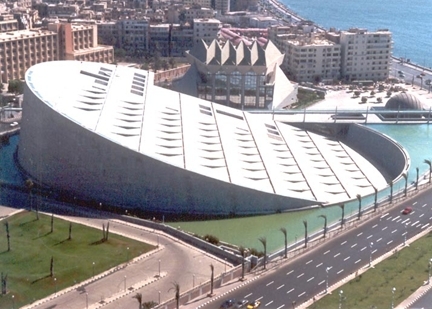

The Biggest Library in the
world
The largest library in the world is the US Library of Congress in Washington
DC.

About the Library
The Library of Congress has the largest collection of knowledge the world has ever known. And
the majority of the collections isn't even in the English language. Founded in 1800, the Library of Congress
is the oldest cultural institution in the United States.
The Library's mission is to make its resources available and useful to the Congress and the
American people and to sustain and preserve a universal collection of knowledge and creativity for future
generations.
Books and other materials cannot be taken from the Library of Congress and a short registration
form is required to use the collections. The Library of Congress stacks are not open to the public, staff
will retrieve material for researchers.
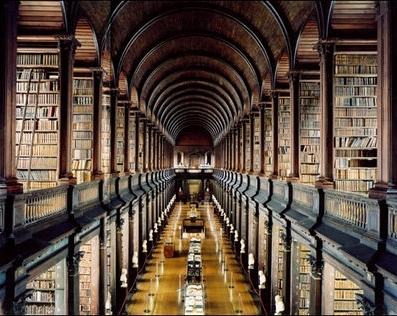
Size of collection
Nearly 119 million separate items occupy 530 miles of shelving with millions and millions of
books, maps, photographs, sound recordings, rare books, telephone books and much more. The Cartography
Section holds 4.5 million items. More than one million doctoral dissertations are at the Library of Congress
along with the world's largest collection of comic books.
The newspaper collection is also the most extensive in the world with papers dating back to the
late 1600s. The Library of Congress has been a forerunner in recording folklore of common
citizens.
The Library of Congress has more recordings of spoken American Indian languages and music than
any other organization. The Print and Photography Division has nearly 14 million images of all types, ranging
from the American Civil War to arts and entertainment and poster art.
Date: 30 May
2009
| 
